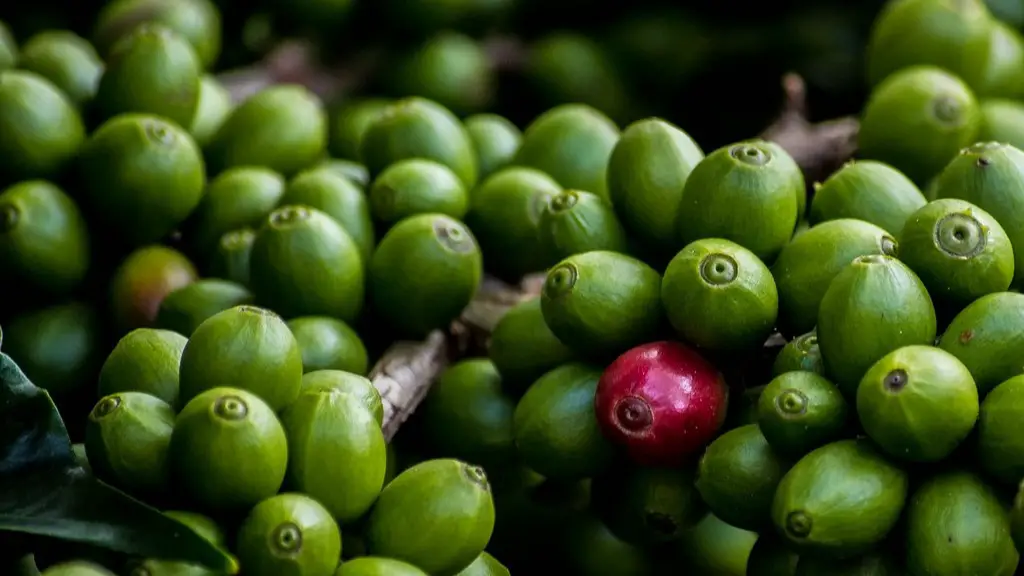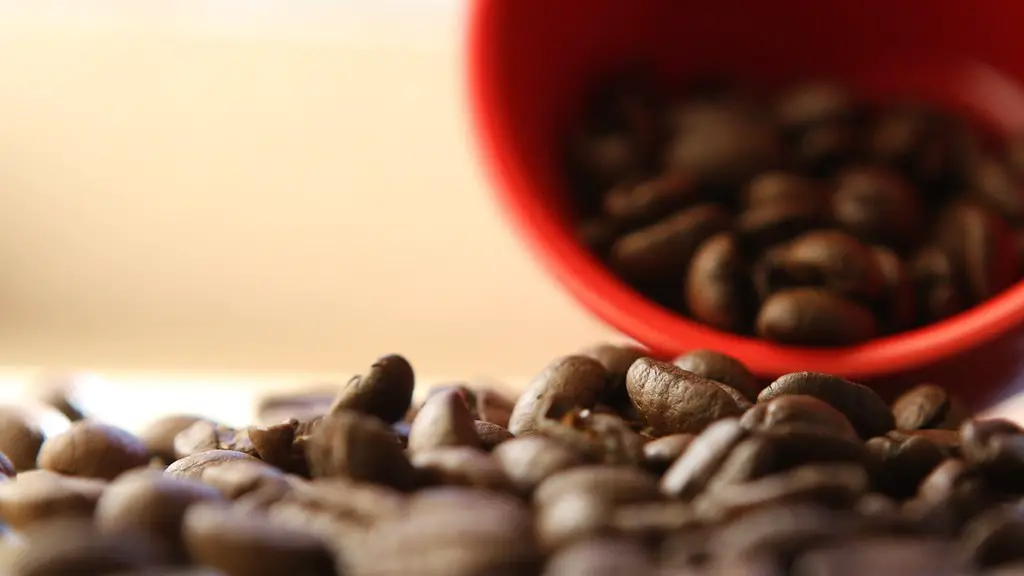Drinking coffee during pregnancy is a controversial topic that has been debated for decades. Many expectant women enjoy their morning cup of joe, while others worry it may cause harm to their unborn child. A growing body of research has emerged that examines the impacts of consuming caffeine while pregnant.
Though most experts agree that a moderate level of caffeine consumption (200-300 mg per day) is considered safe, there is still disagreement about what characteristics make it ‘moderate’ and whether there are any long-term risks. The World Health Organization recommends pregnant women limit their daily caffeine consumption to less than 300 mg per day. But some healthcare organizations recommend abstaining from caffeinated beverages completely.
Many of the concerns about caffeine consumption during pregnancy focus on its potential effect on baby’s health. Studies suggest frequent ingestion of caffeine can lead to low birth weight, decrease fetal growth, and increase the risk of preterm birth. Also, there are some theories that suggest it could lead to increased risk of stillbirth, but there is still no definitive evidence of this being the case.
The risk of miscarriage and birth defects is a particular concern, as caffeine can cross the placenta. Several studies have found that drinking more than two cups of coffee a day can increase risk of miscarriage. There is speculation that when consumed in excess, caffeine may affect the development of neural tubes and other important organs. The current consensus is that moderate caffeine consumption (less than 200-300 mg per day) is unlikely to cause any major birth defects.
As with all aspects of pregnancy nutrition, it is important to talk to your healthcare provider about what levels of caffeine consumption are safe for you and your baby. It is also important to be aware of the other sources of caffeine in your daily diet, such as energy drinks, chocolate, tea, and over-the-counter medications.
As with any health-related decisions, ultimately it is up to the individual to decide what level of caffeine consumption is right for them during pregnancy. Some women prefer to abstain altogether, while others feel that the moderate consumption of coffee is safe and enjoyable. Every pregnant woman should take into account her own medical history, lifestyle, and doctor’s advice when making this decision.
Caffeine Content in Coffee
One of the most difficult parts of this decision is understanding exactly how much caffeine is in coffee. The amount of caffeine in a cup of coffee depends on a variety of factors, including the brew method, strength, and blend. Generally speaking, a cup of drip coffee will contain between 80-175 mg of caffeine, while an espresso shot will contain between 25-50 mg.
It is also important to note that caffeine levels can vary substantially between different brands and coffee types. Some dark and bold blends may have up to 200 mg per cup, while decaf coffees still contain trace amounts of caffeine.
When tracking caffeine intake, it is also important to remember that many common beverages like energy drinks, soda, and tea contain caffeine as well. In order to get an accurate estimate of your daily caffeine intake, be sure to keep track of all sources of caffeine.
Practical Ways to Limit Caffeine Intake
If you decide to maintain a moderate caffeine intake during pregnancy, there are ways to ensure that you don’t exceed the recommended limits. Rather than cutting out coffee completely, opt for smaller, more frequent cups. Alternatively, look for drinks that offer a low caffeine alternative, such as decaf coffee or herbal teas.
It’s also important to consider the timing of your caffeine consumption. Avoiding caffeine late in the day can help reduce its interference with sleep. Additionally, drinking caffeine on an empty stomach may cause more intense and prolonged responses due to its faster absorption rate.
Finally, stay informed of the latest research. Keeping up with the most up-to-date evidence can help you make an informed decision about caffeine intake during pregnancy.
Alternatives to Coffee
If you are looking to reduce or eliminate caffeine intake during pregnancy, there are plenty of delicious alternatives available. Many herbal teas offer a variety of flavors and health benefits, and some medicinal teas are specifically designed for pregnant women.
There are also plenty of non-caffeinated coffee substitutes such as chicory coffee, dandelion root coffee, and rye coffee. Additionally, health-conscious coffee alternatives like chai tea, matcha tea, and cacao are becoming increasingly popular. Often these options are more nutrient-dense and are less likely to disrupt sleep cycles.
It’s also important to remember that cutting out coffee doesn’t have to lead to cutting out socialization. Low- to non-caffeinated beverages can be enjoyed with friends just as easily as coffee, so you don’t have to miss out on quality time with your favorite people.
Cautions & Side Effects
The most important thing to remember when making decisions about caffeine during pregnancy is to be aware of the potential side effects. Though caffeine is generally safe in moderation, taking too much may lead to negative side effects. It can cause headaches, nausea, difficulty sleeping, and irritability.
Additionally, caffeine can interact with certain medications, and can also worsen pre-existing conditions like anxiety and depression. Finally, some research has linked excessive caffeine intake with an increased risk of miscarriage and preterm birth, so it is important to talk with your doctor if you are concerned about these potential risks.
The Bottom Line
Drinking coffee during pregnancy is a personal decision that should be made cautiously and with medical advice. Deciding whether or not to drink coffee during pregnancy is a complex decision, and it should be made with careful consideration of its potential risks and rewards. However, if done responsibly and within recommended limits, moderate intake of caffeine may be enjoyable as part of a healthy diet.




